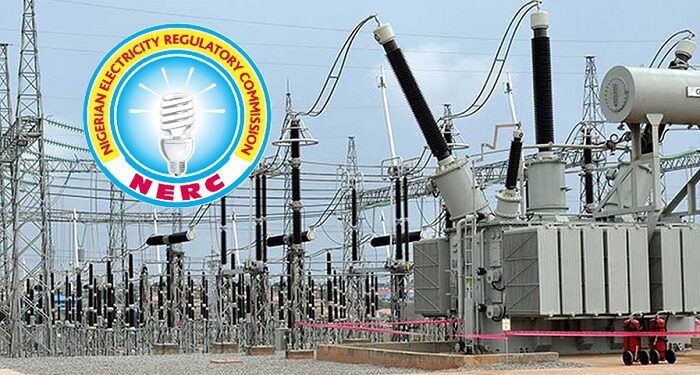The Nigerian Electricity Regulatory Commission (NERC) has approved the disbursement of ₦28 billion to electricity distribution companies (DisCos) for the second phase of the Meter Acquisition Fund (MAF) scheme, aimed at providing free meters to all outstanding Band A customers.
The new directive, ‘NERC Order No: 2025/10 — Order on the Operationalisation of Tranche B of the Meter Acquisition Fund’, took effect from October 6, 2025. It forms part of the Presidential Metering Initiative, which seeks to close Nigeria’s seven-million-meter deficit.
The order, signed by NERC Vice Chairman Dr. Musiliu Oseni and Commissioner for Legal, Licensing, and Compliance Dafe Akpeneye, directs that the ₦28bn tranche be used to meter all unmetered Band A customers and to accelerate metering for Band B customers.
“The commission has further approved the deployment of the sum of NGN28,000,000,000 for Tranche B of the MAF Scheme. These funds shall be allocated in proportion to the respective contributions of the DisCos and are intended to meter all outstanding unmetered Band A customers while also expediting the closure of the metering gap for customers currently classified under Tariff Band B,” NERC explained.
Under the allocation plan, Ikeja Electric will receive the largest share of ₦5.47bn, followed by Eko DisCo (₦4.36bn), Ibadan DisCo (₦4.26bn), and Abuja DisCo (₦3.31bn). Yola and Jos DisCos will get ₦231m and ₦794m respectively.
NERC stated that the initiative aims to enhance service quality, curb energy theft, and reduce collection losses in the power sector. All meters provided under the MAF framework will be completely free for customers.
The ₦28bn tranche builds on the ₦21bn first tranche, which ended in June 2025. Under that phase, NERC approved meter purchases from funds accrued through the national electricity market.
“As of the April 2024 market settlement cycle, the sum of ₦21.86bn had accrued and was made available for the procurement of meters under the first tranche of the MAF scheme,” the commission noted.
The new order imposes strict timelines for procurement, delivery, and installation. DisCos are mandated to begin the procurement process within 10 days of the order’s effective date and submit their selected Meter Asset Providers (MAPs) to NERC within 15 days for approval.
“DisCos shall, within 10 days from the effective date of this order, conduct a transparent procurement process for the selection and execution of a contract with MAPs with verified and ready-for-deployment meter stock for the metering of end-use customer meters under the MAF scheme,” the order stated.
After NERC’s approval, MAPs are required to deliver all contracted meter stock within seven days for verification. Where a MAP fails to meet the deadline, supply will be reassigned to another provider on a first-come, first-served basis.
Upon delivery and verification, 60 per cent of the contract sum will be released to MAPs, with the remaining 40 per cent payable only after full installation is confirmed.
NERC warned that any installation delays caused by a DisCo’s failure—such as poor network clearance or inaccurate customer data—would attract penalties equivalent to the total cost of the uninstalled meters, deducted from the company’s approved administrative operating expenditure.
The Commission has given DisCos until December 31, 2025, to complete all installations funded under Tranche B.
The MAF initiative, NERC explained, was created to offset the effects of DisCos’ poor creditworthiness, which has limited their ability to secure funding for metering and network upgrades. Despite previous interventions such as the Meter Asset Provider Regulations (2018) and the MAP & National Mass Metering Regulations (2021), Nigeria’s metering deficit remains above seven million.
“There is an urgent and compelling need to accelerate the closure of the metering gap for all customers currently classified under Tariff Band A to safeguard revenue protection and enable effective demand-side management,” the order added.
NERC expects that by the end of 2025, all Band A customers will be fully metered, marking a major step toward eliminating estimated billing and improving energy accountability nationwide.
As of June 2025, NERC data shows 6,422,933 metered customers, up slightly from 53.78% in May to 54.33% national metering rate, while total active electricity customers rose from 11,784,842 in May to 11,821,194 in June.















